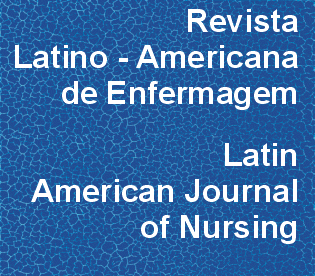Mothers'health in Brazil and recovering the training of midwives for care in the birth process
DOI:
https://doi.org/10.1590/S0104-11692009000200020Keywords:
obstetrical nursing, midwives, delivery of health careAbstract
The authors briefly analyze the situation of maternal health care in Brazil and, based on their findings, they comment that there have been transformations in the health care model for women and families and propose some measures, including recovery of the work of the obstetric nurse or midwife (obstetriz, in Portuguese). They comment that women care tendencies in the delivery process presuppose incorporation of the paradigm of improving the physiology of valuing women's experience, the approach to the family, health advice that prioritizes prevention, education and relationships, without ignoring safety. They appoint that building this health care model, which includes the work of the midwife, may improve maternal health indicators.Downloads
Download data is not yet available.
Downloads
Published
2009-04-01
Issue
Section
nd
License
RLAE’s authorship concept is based on the substantial contribution by each of the individuals listed as authors, mainly in terms of conceiving and planning the research project, collecting or analyzing and interpreting data, writing and critical review. Indication of authors’ names under the article title is limited to six. If more, authors are listed on the online submission form under Acknowledgements. The possibility of including more than six authors will only be examined on multicenter studies, considering the explanations presented by the authors.Including names of authors whose contribution does not fit into the above criteria cannot be justified. Those names can be included in the Acknowledgements section.
Authors are fully responsible for the concepts disseminated in their manuscripts, which do not necessarily reflect the editors’ and editorial board’s opinion.
How to Cite
Merighi, M. A. B., & Gualda, D. M. R. (2009). Mothers’health in Brazil and recovering the training of midwives for care in the birth process. Revista Latino-Americana De Enfermagem, 17(2), 265-270. https://doi.org/10.1590/S0104-11692009000200020



